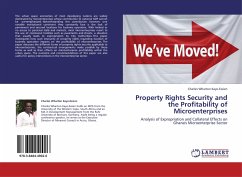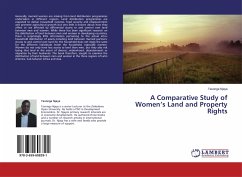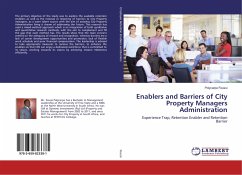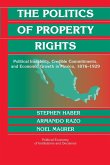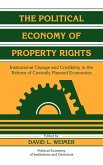The urban space economies of most developing nations are widely dominated by microenterprises whose contribution to national GDP cannot be overemphasized. Notwithstanding this contribution however, one notable institutional constraint they constantly face is the lack of permanent and secured locations for business operation. With limited or no access to personal stalls and markets, most microenterprises resort to the use of communal facilities such as pavements and streets, a situation that usually leads to expropriation by City Authorities. This paper investigates how such insecurity of property rights regarding location of business operation impacts on the profitability of microenterprises. The paper discusses the different forms of property rights security applicable to microenterprises, the contractual arrangements made possible by these forms as well as their effects on microenterprise profitability within the urban space. The outcome and recommendations of this paper are also useful for policy interventions in the microenterprise sector.

